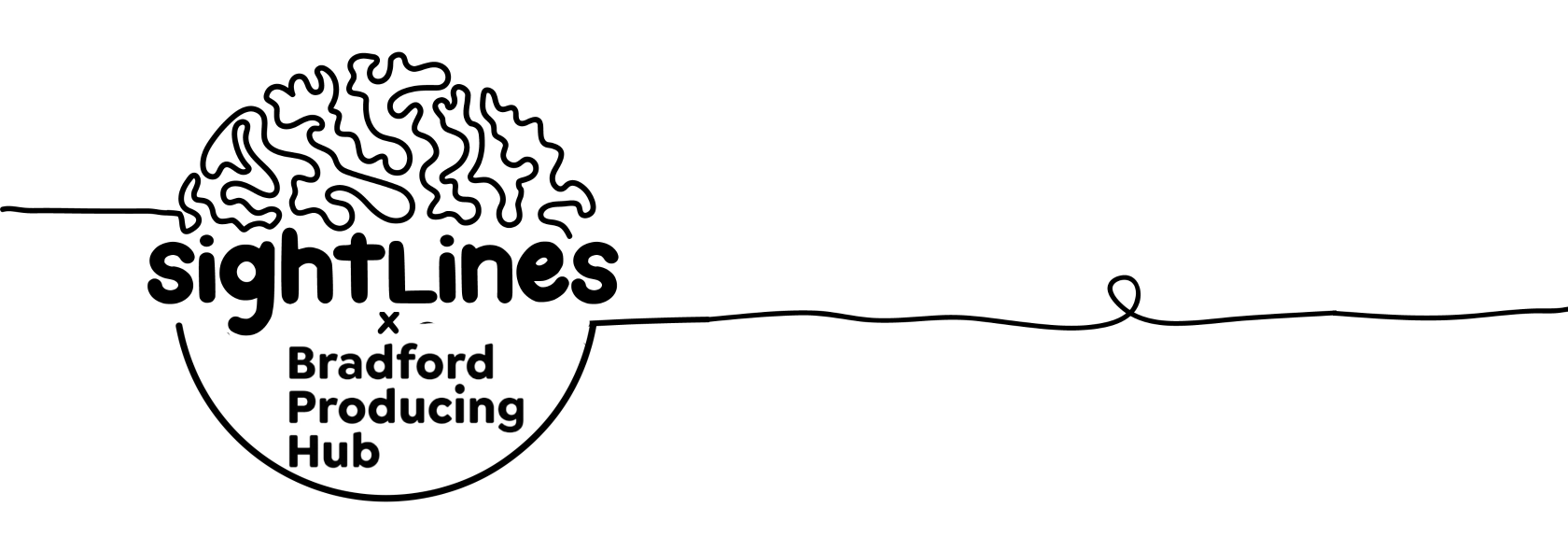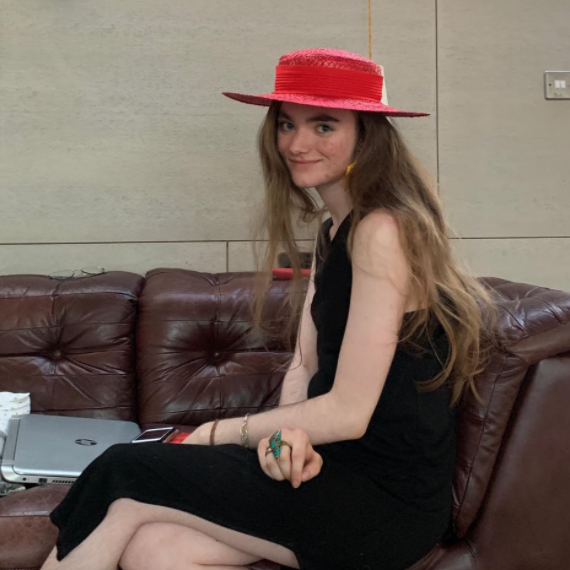“A person with trauma is welcome to work here, but your trauma isn’t welcome to show up”
As a selectively mute child, I knew what it felt like to be unable to articulate your needs. Silently desperate to get involved in the year 3 school play, I was told by my teacher that I wasn’t allowed: “You’d ruin the whole show.”
Unsurprisingly I grew up to have severe social anxiety, which inhibited my burgeoning acting career. Drama was my favourite subject at school, but rehearsals terrified me. A frequent piece of feedback was: “If you’re so nervous, why are you even here?”
These early experiences have led me to question the treatment of invisible health conditions, both physical and mental, within the arts. And I’m not alone in wanting to investigate further: a 2018 survey conducted by The Stage found that only 8% of recent drama school graduates declared an unseen disability. When I spoke to creatives with invisible health conditions, the barriers they face emerged clearly and constantly.
Farah’s experiences have been dismissed throughout her creative education. Despite performing at the Edinburgh Fringe as a teenager and later gaining a place at one of the UK’s most competitive drama schools, people doubt her talents. “A lot of people assume I’m a bad actor,” she says. “But when they see me perform, having put my anxiety behind me and given it my all, they’re surprised by what I can do.”
Although she has recently been diagnosed with borderline personality disorder, Farah has lived with various mental health conditions since childhood, including anxiety, depression and complex PTSD. In educational settings this is seen as a disadvantage, and her need to prioritise her mental health has led to her commitment to acting being questioned. “I remember asking for a minute to prepare myself before starting a rehearsal, as I was feeling anxious. The response was, ‘Then why are you performing?’” Whilst bottling up anxiety might be possible occasionally “pushing it down everyday isn’t an option”.
With two years left in education, Farah is less than hopeful about the industry she plans to join. “I’m very scared it will be the same as drama school.”
G is a producer who works in creative engagement; previously, she performed with a drama school rep company. The environment was very flexible and accommodating - but when G started a foundation course in Acting at the same school, things changed. She explains: “We were treated like students. I was conflicted about going to lessons; I knew they might upset me.”
Depression, ADHD and the aftermath of a recent trauma had a major impact on G’s educational and early professional experiences. For the most part her teachers were sympathetic - so long as her mental health was not too much of a distraction.
“I once asked if I could take five minutes out of a lesson to get tissues - which, for context, I wanted just in case I started crying. But the teacher said no.”
G also has debilitating period pains that restrict her ability to move. During her time at drama school she wore a hot water bottle during class: the only thing that allowed her to move without excruciating pain. Although most teachers were sympathetic, one told her to take it off, labelling it an “unprofessional” thing to wear during rehearsal.
A 2016 YouGov survey found that 57% of those who menstruate said that the pain affected their ability to work - however only a quarter told their employers that this was the case. In G’s opinion, organisations aren’t necessarily hostile, just “ill-informed”. It doesn’t help that the healthcare system is consistently inattentive to women’s health: it has taken G seven years to get medication.
G sees professional spaces as more accepting than educational ones - but they still have a long way to go. Summing up her experience, she says, “A person with trauma is welcome to work [in the arts], but your trauma isn’t welcome to show up.” Although no one has ever made G actively feel guilty about the effect her health has, workplace culture leaves her walking the office “with [her] head bowed slightly”.
Arts Council’s Making a Shift report (2018) finds that, on average, disabled people make up 3.4% of staff in creative industries. (It is not clear what proportion of this figure covers unseen disabilities.) With low representation in both educational and professional settings, how can these spaces be opened up?
Theatre programmer and Sightlines Festival director Katrina notes the “potential” that performance spaces have to provide a solution - a philosophy that is reflected in Sightlines’ programming. With panels examining neurodiversity and performance and creating “held” spaces in rehearsal rooms - as well as workshops centering mental health in performance - it is clear that the time has come to push for change in the arts. “Theatre can pave the way for social change,” she says, “and we have the opportunity to do that.”
Katrina has had OCD for her entire theatre making career, and has recently developed an as-yet-undiagnosed physical condition that has limited her capacity to work. Sightlines is “informed and shaped” by her recent medical history, but she has been making work based on mental health since the beginning. Yet, even when openly discussing mental health onstage, “I didn’t even necessarily feel comfortable talking about my own.”
Like Farah and G, Katrina observes that the atmosphere of the rehearsal room is influential in the way that wellbeing is approached. When she wasn’t comfortable talking about her OCD, she wouldn’t explain her needs. “It didn’t feel worth the effort to have the conversation.” She also observes that the space is shaped by its leader: “When you’re the person in charge of the space you have a lot more freedom. […] You don’t have to explain yourself as much.” This incites a conversation about authority in creative spaces, and the ways in which this can be used to break down - or perhaps reinforce - pervasive attitudes towards unseen disabilities.
As part of their research for Making a Shift, ACE interviewed disabled arts employees about their experience working in creative spaces. Many participants noted negative attitudes to disabled people, including “straightforward prejudice and discrimination, low expectations and stereotyping”. With such attitudes being not only projected, but modelled for and repeated by practitioners of the future, the responses to my questions become less and less surprising.
Katrina believes that the next logical step is to start conversations that break down taboos around invisible illness, fostering an atmosphere in which creatives are “understood, believed, and respected”. G suggests changes to HR: more gender diversity, more “two-way conversations”. She also suggests a higher sick day allowance - with fewer barriers to getting it. For Farah, the solution lies in recognising the intersectionality of race, class and gender within these issues. As a working-class woman of colour who relies on the NHS for healthcare, she has found it hard to access help. She advocates for mental health services recognising the urgency of support needed for working-class people, prioritising those who are unable to pay for therapy.
For me, the most striking thing about these conversations is the lack of trust in the community that shapes, educates and employs us. The similarity between my experience as a child in early the 2000s and those of contemporary theatre makers implies little change in attitudes on both a specific and societal level. It is clear that the industry, as well as the wider world, needs to listen to those that it chooses to ignore. I think G sums it up best:
“The person who has an invisible illness knows what it looks like. They know what they need. It’s not up to the company to decide what they deserve.”





 Harriet Corke
Harriet Corke
